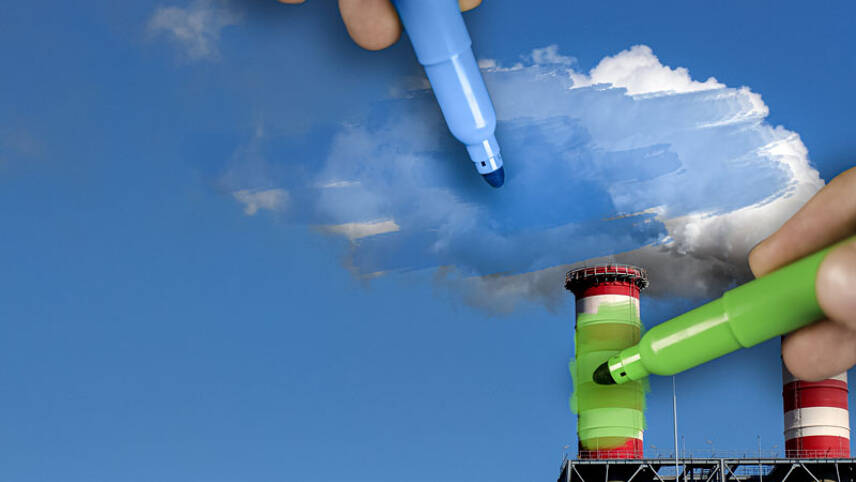Register for free and continue reading
Join our growing army of changemakers and get unlimited access to our premium content

RepRisk’s data also warns that companies linked with greenwashing are also likely to misconstrue their approaches to social sustainability
RepRisk, a leading ESG data science firm, analysed ESG risk incidents, ranging from a potential violation by a company or specific project to global standards and frameworks. It found that a quarter of all climate-related risks are linked to greenwashing.
Last year, RepRisk found that one in every five cases of corporate risk incidents linked to ESG issues stemmed from greenwashing and misleading communications. As such, cases of greenwashing that are creating risks for corporations are on the rise.
“The expectation of competitive advantage derived from an image of sustainability has opened the door to green and social washing. A lack of accountability around a rapidly evolving landscape of corporate sustainability has helped keep this door open for a long time. Despite this, in recent years symbolic sustainability has backfired for many as the media, public, and regulators criticize unfounded claims,” RepRisk’s co-founder Dr Philipp Aeby said.
“Banks, asset managers, investors, and other market participants need transparent data on adverse impacts to assess a company’s true business conduct and mitigate green and social washing risk in their portfolios and supply chains.”
Greenwashing is notably on the rise in the financial services sector. RepRisk recorded a 70% increase in the number of climate-related greenwashing incidents in this sector, 50% of which either mentioned fossil fuels or linked a financial institution to an oil and gas company.
Socialwashing
RepRisk’s data also warns that companies linked with greenwashing are also likely to misconstrue their approaches to social sustainability.
Of the cases of greenwashing risks recorded, 55% also had a social component. In total one in three companies linked to greenwashing were also associated with social washing.
RepRisk defines social washing as when companies make misleading claims about their social responsibility, painting themselves in a positive light while obscuring an underlying social issue.
Last month, a survey of more than 2,000 UK-based adults revealed that 54% would stop buying products and/or services from a brand found to be making misleading environmental claims.
The survey from KPMG found almost one-fifth (18%) of consumers have stopped using a particular brand after it was accused of greenwashing. These include brands that have been the subject of campaigns by NGOs and activists, as well as brands that have been accused by regulators or in court.
The UK’s Advertising Standards Agency has banned campaigns from several businesses in recent times, including energy firms Shell, Petronas and Repsol; multinational bank HSBC; airline Lufthansa and Anglian Water.
In a bid to clampdown on greenwashing, new global rules on how third-party auditors of corporate sustainability disclosures can prevent greenwashing are officially in the works.
The International Auditing and Assurance Standards Board (IAASB) opened a consultation on the framework in August, in response to concerns that corporate sustainability information disclosed through channels like annual reports is not always reliable or detailed.


Please login or Register to leave a comment.